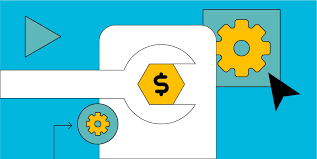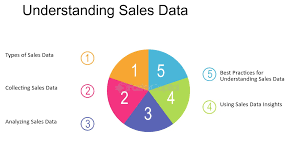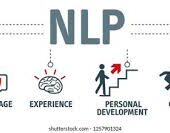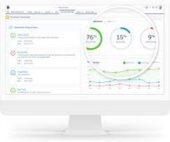Reasons to Automate Your Sales Commission Process
Optimizing your sales commission process through automation can create significant efficiencies, reduce errors, and increase team satisfaction across the organization. Sales commission software provides the real-time data and transparency that today’s sales, finance, and revenue operations (RevOps) teams need to keep pace with business growth. Here are four key benefits of implementing automated commission software: 1. Real-Time Visibility into the Commission Process Sales commission software offers instant access to commission data for reps, managers, and executives. This real-time visibility empowers sales reps to stay focused on high-value deals, knowing their commission data is accurate and transparent. Sales managers can use metrics like quota attainment and earned commissions to track team performance and motivate reps effectively. Automating commission tracking also streamlines end-of-month reporting for finance and RevOps, eliminating the need for manual calculations. And with transparent, accessible data, sales reps can trust the accuracy of their earnings without having to double-check formulas or request manual verifications—freeing them to focus on closing more deals. 2. Increased Productivity Across Teams Manually calculating commissions is both time-consuming and prone to errors, which can erode trust and impact productivity across sales, finance, and RevOps. Automating this process reduces human error and saves teams hours of administrative work, allowing them to redirect energy toward business-critical activities. Manual commission management can also limit scalability; each change in team structure or territory often requires a full recalibration in spreadsheets. With automated software, these adjustments are streamlined, allowing for seamless scalability and supporting growth without adding manual overhead. 3. Improved Accuracy in Commission Calculations Replacing unhappy sales reps is costly, and one common cause of dissatisfaction is inaccurate commission calculations. Studies show nearly 90% of spreadsheets contain errors, and in a process as complex as commission calculation, these errors can lead to mistrust and turnover. Automating commissions removes the risk of errors, helping keep reps happy and reducing friction between sales and finance. A reliable, accurate commission process means reps can trust the data, while finance teams can confidently manage compensation without chasing down mistakes. Few things negatively impact employee focus and loyalty than feeling cheated at payday. 4. Enhanced Access to Data and Actionable Insights Sales commission software does more than calculate earnings—it collects and organizes critical data on sales performance. With these insights, organizations can identify areas for improvement, analyze trends, and optimize their sales strategies. Transform Your Organization with Automated Commission Management Automating your sales commission process isn’t just about efficiency—it’s a powerful way to build trust, enable productivity, and make data-driven decisions that drive growth. By leveraging dedicated incentive compensation management tools, you can empower your teams, reduce operational burdens, and maximize the impact of your sales data. Like1 Related Posts Salesforce OEM AppExchange Expanding its reach beyond CRM, Salesforce.com has launched a new service called AppExchange OEM Edition, aimed at non-CRM service providers. Read more The Salesforce Story In Marc Benioff’s own words How did salesforce.com grow from a start up in a rented apartment into the world’s Read more Salesforce Jigsaw Salesforce.com, a prominent figure in cloud computing, has finalized a deal to acquire Jigsaw, a wiki-style business contact database, for Read more Service Cloud with AI-Driven Intelligence Salesforce Enhances Service Cloud with AI-Driven Intelligence Engine Data science and analytics are rapidly becoming standard features in enterprise applications, Read more







